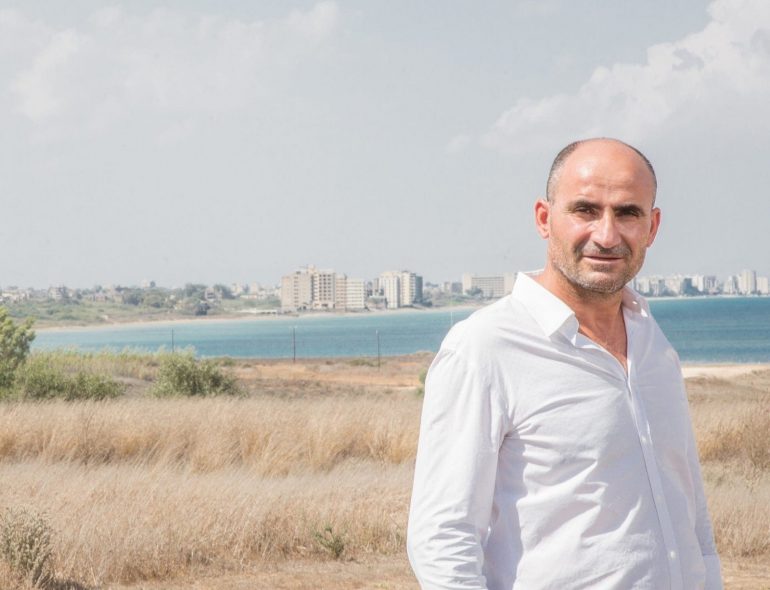The announcement of the European Commission for the Green Agreement at the end of 2019, puts special emphasis on tackling climate change and the effects of global warming, which is expected to increase by 1,5 degrees Celsius.
The coronavirus pandemic has shown how vulnerable civil society and the economy are to emergencies and natural disasters, as our disease has found us unprepared in several areas. With no other choice, the European Commission has decided to support Europe's recovery through the Green Agreement by investing in climate, the environment, biodiversity and job creation.
But for society to return to normal, following the economic effects of the pandemic, opportunities must be provided for a "green recovery" focusing on protecting the environment and ensuring public health. The promotion of green buildings and green infrastructure could create similar green jobs, but also attract interest in clean energy, transport and sustainable urban infrastructure.
Automotive industries should build vehicles with zero or low emissions, while railways and navigation have a duty to use cleaner fuels while minimizing pollutant emissions. There is an urgent need in cities to have adequate bike lanes and sidewalks to limit the use of private vehicles, while public transport must contribute to the transition to clean mobility.
All of the above, while can be done nationally, the protection of the environment starts first with the local authorities, which should contribute, through the promotion of the circular economy, to the reduction of carbon dioxide emissions. Implementing locally - the zero waste policy - is a difficult task, but it is still a challenge.
The contribution of farmers to the circular economy and biodiversity is considered of utmost importance for the local authorities, as they provide us with healthy food on the basis of the "From farm to fork" strategy. No local product will end up in landfills when we improve food safety and turn to healthy eating. Therefore, special emphasis should be placed on local distribution chains to avoid food loss and reuse of products and waste.
In the circular economy all materials can be reused, such as water, which is the largest waste stream for households and industry. Wastewater contains valuable nutrients, but to recover it needs research, innovation and the required funding.
Municipalities and Communities that have their own garbage collection complexes should get rid of the use of old and illegal landfills and use new infrastructure of European standards. It is our duty not to dump the waste in landfills and to limit its direct landfill, while using waste incinerators, thus obtaining the required funding.
Global warming is mainly due to bad practices and practices in the past, such as carbon burning and carbon dioxide emissions into the atmosphere, both by humans and by the states themselves. Our planet is so overwhelmed that it can not withstand either the ongoing overheating or its daily pollution. Those who infect it uncontrollably will have to consider their responsibilities and pay the price before the planet itself begins to abandon us.
But will we ever be able to live on a cleaner, greener, waste-free planet, or will we need a second planet to store human waste separately?
Andros G. Karagianni
Mayor of Deryneia
